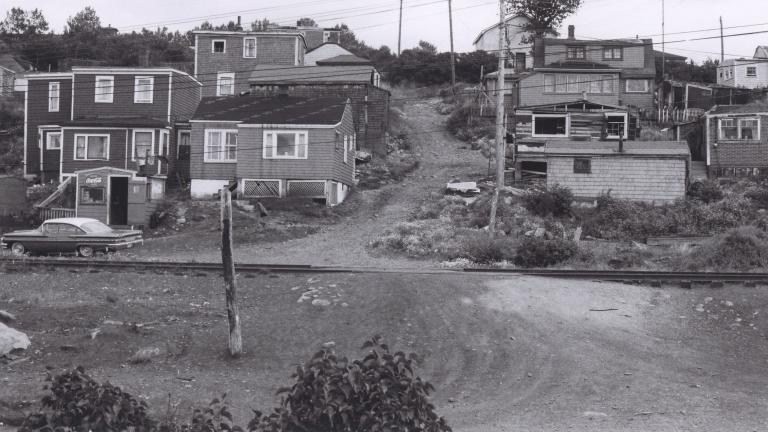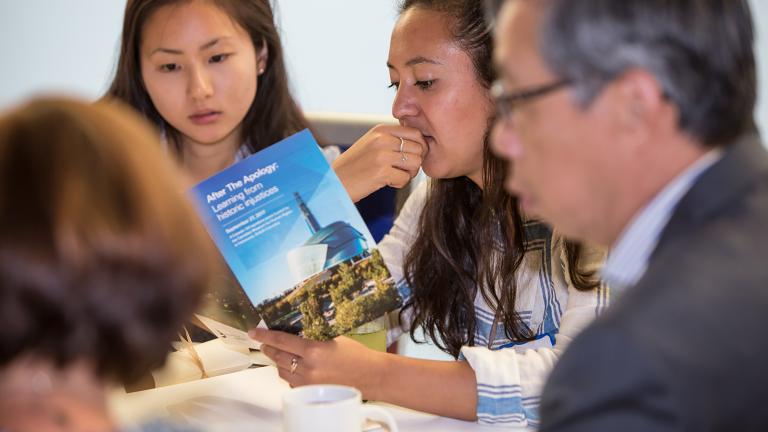What happens after an apology for violations of human rights is offered to a community in Canada?
Africville, After the Apology
Halifax, Nova Scotia
October 24, 2018
This event has passed.
Tags:

Photo: Nova Scotia Archives, Bob Brooks
Event details
- Cost:
- Free. Registration is required. Please note there are limited spaces for this event.
- Location:
- Black Cultural Centre for Nova Scotia 10 Cherry Brook Road Cherry Brook, Nova Scotia
On February 24, 2010, former residents of the small but vibrant Black community of Africville in Halifax, Nova Scotia, received an official apology from the Halifax Regional Municipality. The acknowledgment of the injustices they had faced as Black Nova Scotians in the 1960s came after a long struggle for redress following their eviction and the destruction of their tightly‐knit community.
Prompted by this apology and the experience and resilience of survivors, the program will focus on the violations of Africville residents’ rights at the time, their advocacy for redress and the work that remains to be done on issues of systemic racism.
Connect with survivors and community members in small guided group discussions to explore ways to get involved.
This event is part of a pilot series started in 2017 to coincide with the 150th anniversary of Canada’s Confederation. The series explores apologies through a human rights lens and aims to provide opportunities for reflection and thoughtful dialogue, which are essential to bridge understanding and advance human rights collectively.
The event is organized in partnership with Africville Genealogy Society, Africville Heritage Trust, Nova Scotia Human Rights Commission and Delmore “Buddy” Daye Learning Institute.
Please RSVP by October 23, 2018 to Angeliki Bogiatji at angeliki.bogiatji@humanrights.ca
Please note there are limited spaces for this event.
More about this event series
The Museum’s After the Apology series explores official government apologies for past and present injustices through a human rights lens. Each event explores a human rights topic with a keynote presentation, an in‐conversation session, and a moderated dialogue with the audience.
